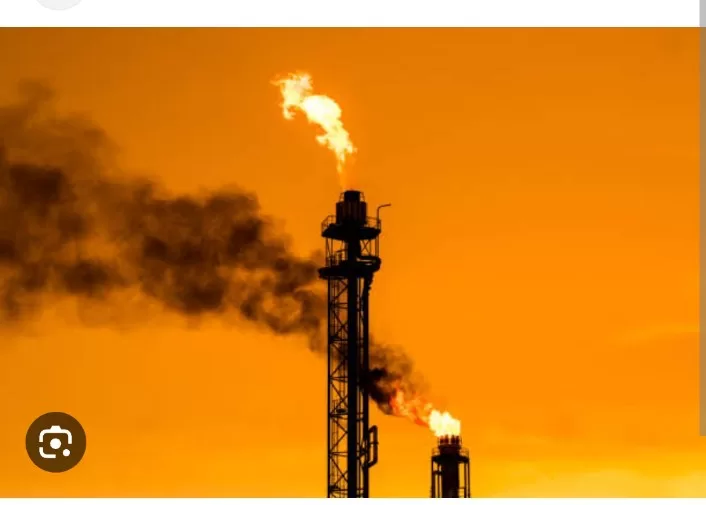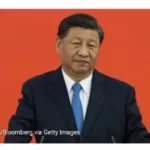New York- In a sobering assessment, the United Nations (UN) has declared that governments worldwide are failing to reduce greenhouse gas emissions at the necessary pace to align with the objectives of the Paris Agreement and avert impending climate catastrophe.
This damning revelation comes as a central component of a significant UN report that urgently calls for the “phasing out of all unabated fossil fuels,” a statement that holds profound implications, especially for oil-producing nations.
The UN’s explicit call to phase out fossil fuels marks an unprecedented stance by the international organization. In past rounds of climate negotiations, debates over whether to “phase out” or “phase down” fossil fuels have ignited controversy during annual UN climate gatherings.
The report underscores the pressing need for swift action, emphasizing that governments have a “rapidly narrowing window” to accelerate their efforts. The report contends that global greenhouse gas emissions must reach their peak by no later than 2025, followed by swift reductions to curtail global temperature increases to no more than 1.5°C above pre-industrial levels.
However, despite these warnings, global emissions continue to rise. A stark gap of 20 to 23 gigatonnes of CO2 exists between the emission reductions required by 2030 to align with the 1.5°C target and the current trajectory of global emissions.
The UN report, released in draft form ahead of its expected publication next week, serves as the foundation for the inaugural “global stocktake” under the 2015 Paris Agreement. This process aims to monitor countries’ progress in fulfilling the treaty’s goals.
Nonetheless, the 47-page report refrains from singling out specific countries or regions that are lagging behind in emissions reductions. Instead, it provides a general overview of the global situation, a portrayal that has long been apparent, revealing that the world is significantly off course to achieve the more stringent Paris Agreement target of limiting temperature increases to 1.5°C above pre-industrial levels.
Ani Dasgupta, Head of the World Resources Institute thinktank, criticized the report’s diplomatic language for concealing the gravity of the situation. He asserted, “The UN’s polite prose glosses over what is a truly damning report card for global climate efforts.”
The findings from the global stocktake will set the stage for negotiations at the upcoming UN climate summit, Cop28, scheduled to take place in Dubai in November.
Sultan Al Jaber, President of Cop28 and Chief of Adnoc, the national oil company of the United Arab Emirates, has repeatedly called for a “course correction.” Nevertheless, the report published on Friday illustrates that such a correction remains a distant prospect.
Simon Stiell, the UN’s top official on climate, urged governments to take substantial action before Cop28. He stated, “I urge governments to carefully study the findings of the report and ultimately understand what it means for them and the ambitious action they must take next. It’s the same for businesses, communities, and other key stakeholders. The global stocktake is a critical moment for greater ambition and accelerating action.”
The report also highlights low-cost and readily implementable measures that governments can adopt to reduce emissions. These include investments in renewable energy sources and initiatives to conserve and restore forests. However, some developing nations may require financial assistance to seize these opportunities.
Tom Evans, a policy adviser at the E3G thinktank, emphasized the gravity of the situation and the necessity for immediate and substantial measures. He stressed the need for commitments to phase out fossil fuels, set 2030 targets for renewable energy expansion, reform the financial system to fund climate action, and allocate additional resources to address adaptation and loss and damage. Anything less, he warned, would fall short of the critical steps outlined in the report.







